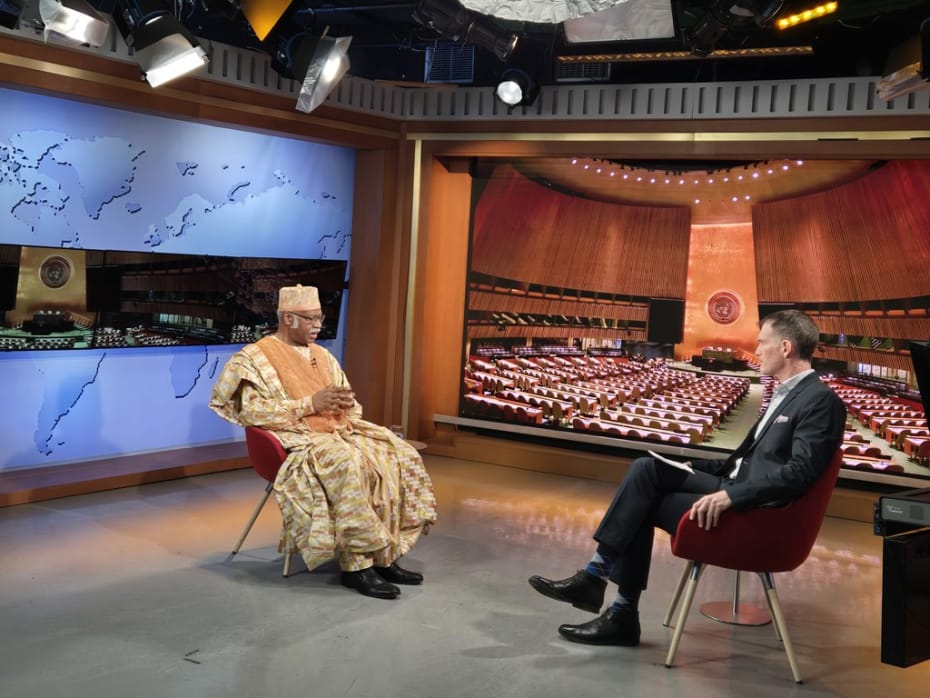The 80th anniversary of the United Nations has sparked discussions on the organization’s relevance in an evolving global landscape. In an interview with UN News, General Assembly President Philémon Yang emphasized the need for reforms to address Africa’s development challenges and close the digital divide between the Global South and the developed world.
Yang’s remarks came after a UN Security Council session on terrorism in Africa, where UN Deputy Secretary-General Amina Mohammed described the continent as the “epicenter of global terrorism,” accounting for 59 percent of terrorism-related deaths worldwide. Yang, a former Cameroonian Prime Minister, proposed that the African Union (AU) should lead peacekeeping operations in Africa with financial backing from the UN.
“The UN Charter allows regional organizations to take on specific missions. The African Union, which understands these challenges well, should be entrusted with peace operations, supported by UN funding,” he stated.
Bridging Africa’s Digital Divide
Yang also stressed the importance of closing Africa’s digital gap, noting that access to technology is closely linked to economic development. He highlighted the UN Development Programme’s (UNDP) Timbuktoo Initiative, which aims to accelerate digital transformation across the continent.
“If we don’t reduce the divide, many young Africans will lose opportunities to advance,” he warned.
Reforming the Global Financial System
With many African nations struggling under heavy debt and high interest rates, Yang underscored the urgency of international financial reforms. He is set to discuss these issues at an upcoming meeting with the Inter-Parliamentary Union and the Financing for Development Conference in June.
“After World War II, the Marshall Plan revitalized Europe. If we were to introduce a similar initiative today, it would need to be adapted to current global realities,” he explained.
Advocating for UN Reforms
Yang reaffirmed the UN’s ongoing relevance but stressed the need for structural changes, particularly within the Security Council.
“When the UN was created in 1945, most of today’s member states did not exist. It’s unfair to continue using outdated rules,” he said, advocating for two permanent African seats on the Security Council.
Despite its imperfections, Yang believes the UN remains essential. “Reforms don’t threaten the UN—they strengthen it. A more effective UN benefits everyone, from Gaza to Ukraine to Sudan.”


